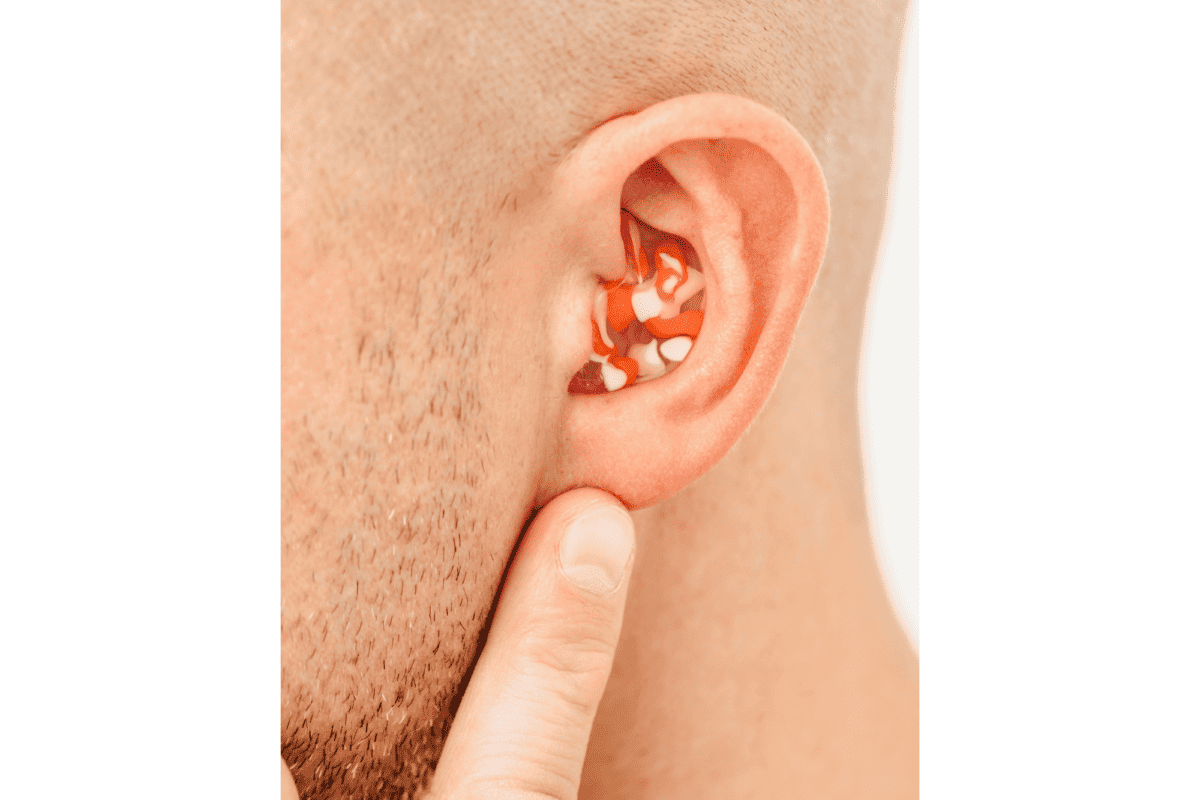- How to Know When It’s Time to Replace Your Hearing Aids - July 8, 2024
- Hearing Aid Repair and Cleaning Best Practices - June 24, 2024
- The Lifelong Benefits of Early Detection and Addressing Your Hearing Loss - June 10, 2024
Hearing is an invaluable gift that connects us to the world around us. Whether it’s the laughter of loved ones, the soothing rustle of leaves, or the melody of your favorite song, the ability to hear enriches our lives in countless ways. As hearing professionals, we understand the profound impact that hearing loss can have on an individual’s quality of life. In this article, we will explore the importance of forming healthy hearing habits early in life, drawing from the latest advancements in hearing loss prevention, diagnosis, and management, while emphasizing the critical role of early detection in preserving this precious sense.
The Global Challenge of Hearing Loss
Hearing loss is a global health concern. According to the World Health Organization, nearly 466 million people worldwide were living with disabling hearing loss in 2021, and this number is expected to rise significantly in the coming years. While age-related hearing loss is common, the prevalence of hearing loss among younger individuals due to noise exposure and other factors is also on the rise. This makes the need for early intervention and prevention strategies more critical than ever.
Prevention: The First Line of Defense
Prevention is always the best approach, and it’s no different when it comes to hearing health. The most common cause of preventable hearing loss is exposure to loud noises, particularly through personal listening devices and recreational activities. Encouraging healthy hearing habits early can significantly reduce the risk of hearing damage.
One recent advancement in hearing loss prevention is the development of “smart” headphones and earbuds. These devices utilize technology to monitor and adjust sound levels to ensure that they stay within safe limits. Users receive notifications if they’re exposing themselves to potentially harmful noise levels. This technology is particularly promising for young individuals who often use headphones for extended periods.
Regular Hearing Check-ups: The Key to Early Detection
Early detection is a cornerstone of effective hearing loss management. Regular hearing check-ups, starting at a young age, can help identify any issues before they progress. Recent research has highlighted the importance of routine screenings, even for seemingly healthy individuals.
Advancements in hearing diagnostics have made these screenings more efficient and less invasive. For example, otoscopy, which involves examining the ear canal, can now be performed using smartphone attachments. This allows for quick and easy examinations, even in remote or underserved areas.
Telehealth has also played a significant role in hearing loss diagnosis. Remote audiology services, enabled by high-quality video and audio conferencing, have allowed more people to access professional hearing evaluations. This accessibility is a vital step towards early detection.
The Power of Genetics
Genetic testing is another emerging tool in the early detection of hearing loss. While most hearing loss is caused by environmental factors, a percentage is linked to genetic predispositions. Research in this area has led to the development of genetic tests that can identify individuals at higher risk. Identifying these risks early allows for targeted prevention and management strategies.
Futuristic Interventions
As technology continues to advance, the field of hearing healthcare is poised for groundbreaking developments. One of the most exciting possibilities is the use of gene therapy to treat hearing loss. Researchers are actively working on genetic treatments to repair damaged auditory cells, potentially restoring lost hearing. While this is still in the experimental phase, it offers hope for a future where hearing loss may no longer be permanent.
Advanced hearing aids are another area of innovation. With artificial intelligence, these devices can now adapt to various listening environments, allowing users to experience a more natural and personalized sound experience. Some hearing aids are even equipped with fall detection and emergency alerts, enhancing safety for older individuals.
Emphasizing Empathy
While technological advancements are promising, it is essential to remember that hearing loss is a personal and emotional journey. As hearing professionals, our role extends beyond diagnostics and treatment. It involves providing emotional support and guidance to individuals facing hearing challenges. Compassion, patience, and effective communication are essential in making patients feel heard and understood.
In the realm of hearing health, early intervention and prevention are paramount. Encouraging healthy hearing habits from a young age and promoting regular check-ups can help individuals protect their hearing. The latest advancements in prevention, diagnosis, and management offer hope for a brighter future. Genetic testing and experimental treatments, such as gene therapy, may one day make hearing loss a reversible condition. Advanced hearing aids, equipped with artificial intelligence, provide users with unprecedented customization and adaptability.
Yet, amidst all the technological advancements, the heart of hearing healthcare remains the same: compassionate care and understanding. As hearing professionals, our mission is to ensure that everyone, regardless of age or circumstance, has the opportunity to experience the world through sound. Early detection, preventive measures, and empathetic care together form a sound investment in preserving the precious gift of hearing for generations to come.

